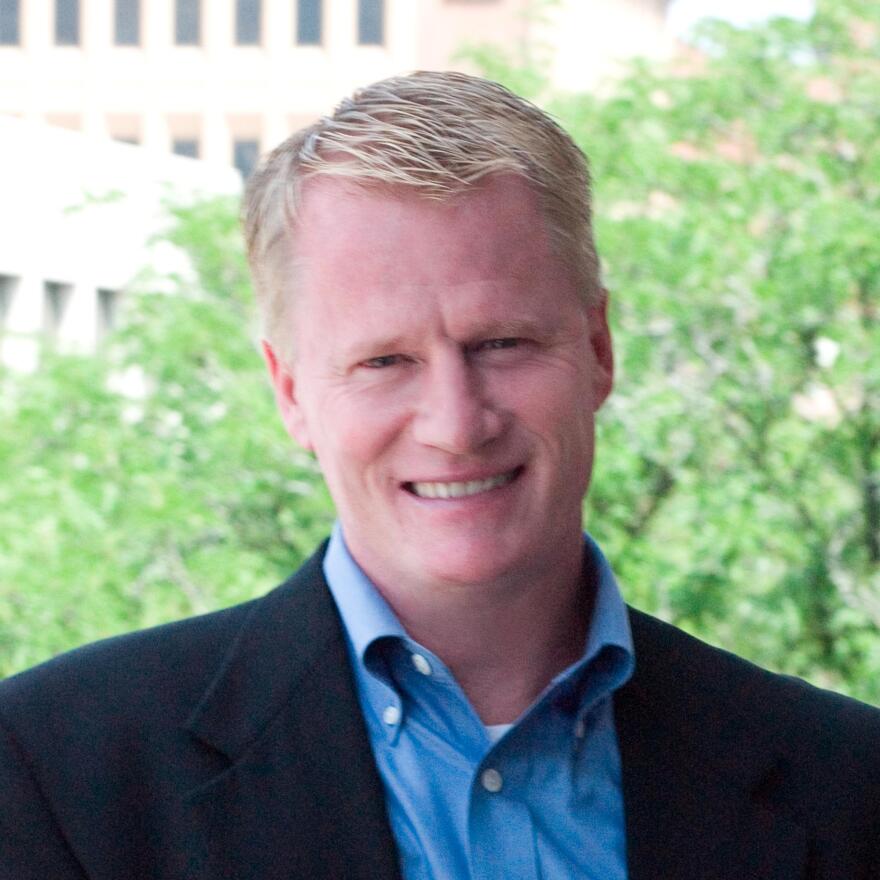This week, the University of Michigan did something it hasn’t had to do in 33 years: hire a new hockey coach.

The last time the job opened was 1984. Athletic director Don Canham heard Red Berenson was on campus moving his oldest son, Gordie, into his dorm room. Canham called Berenson to his office, offered him the job for the third time, and Berenson finally took it.
If he hadn’t, it’s not clear who Canham could have hired. After all, the guy Michigan just fired was a failed former high school hockey coach. Michigan was at the bottom of a glorified bus league, with an empty building, and nothing to brag about.
Six years later, Berenson’s teams started a streak of 23 straight NCAA tournaments – still a national record, and it’s not even close. But when Berenson turned 70, seven years ago, everyone started wondering when he would retire – and who would follow him.
Unlike 1984, Michigan can now offer one of the most appealing positions in hockey – pro or college. When former Red Wing coach Mike
Babcock said Michigan would have been a dream job for him, he wasn’t joking. If Berenson had stepped down two years ago, when Babcock left the Red Wings, Babcock might very well be Michigan’s coach.
It’s not clear if Michigan offered any NHL coaches the job this time around. It is clear they didn’t have to. They had four obvious candidates: current assistant coaches Billy Powers and Brian Wiseman, and Billy Mackult, who’s coaching junior hockey. All three played for Berenson.
A fourth candidate, Mel Pearson, assisted Berenson for 23 years. But when Pearson turned down Miami of Ohio’s offer to become their head coach in 1999, I thought Pearson was destined to be a lifetime assistant.
Six years ago he surprised me again when he accepted the top job at Michigan Tech, his alma mater. The Huskies hadn’t made it to the NCAA tournament since 1981, when Pearson was a senior. Honestly, I thought Mel might have bitten off too much, but he got the Huskies back in the tournament two of the last three years. The man can coach.
So, with all the suspense of the other shoe dropping, Michigan hired Pearson. The current players, the former players, and almost all of the fans are happy. But a few grumbled – this is Michigan, after all -- that the Wolverines should have gotten a bigger name.
Maybe. But that misses the point. College hockey ain’t pro hockey. You can’t just fire players you don’t like. You’re pretty much stuck with them for four years, and they’re pretty much stuck with you. So coaches have to get to know their players, understand them, and build relationships to get them to play their best.
Another big difference: in pro sports you can plug in a great coach in a great franchise like a toaster, and the toast will pop up, right on time.
But the best college programs have cultures unique to their school, so it’s not as simple as plugging in a toaster. It’s as complicated as performing a heart transplant. You have to make sure your new leader has the right blood type, the right sized heart, and everyone does everything they can to make sure the new organ is not rejected as a foreign body. If any of that goes wrong, things can turn ugly, and fast.
So when Michigan hired Mel Pearson, they got everything they wanted: a proven college head coach who knows Michigan, and Michigan knows him.
I suppose Michigan could have gotten a bigger name, but not a better fit. This is going to work.
John U. Bacon is the author of four New York Times bestsellers, including his most recent book, "Endzone: The Rise, Fall and Return of Michigan Football," which is now out in paperback. His views are his own and do not necessarily reflect those of Michigan Radio, its management, or its license holder, the University of Michigan.






